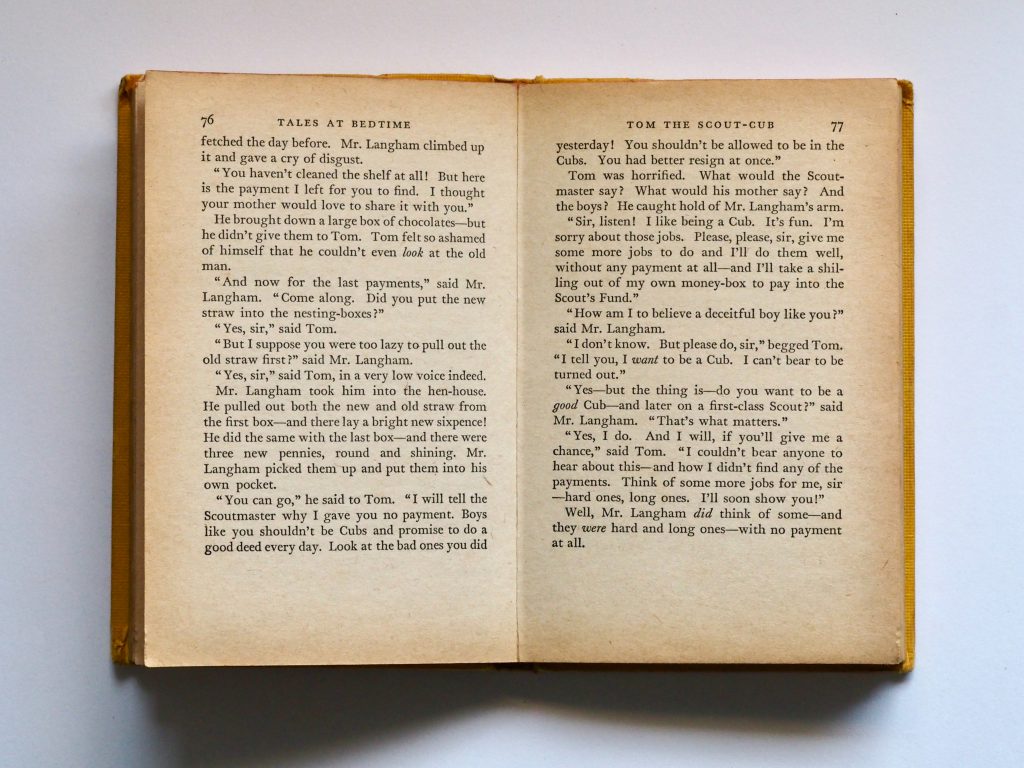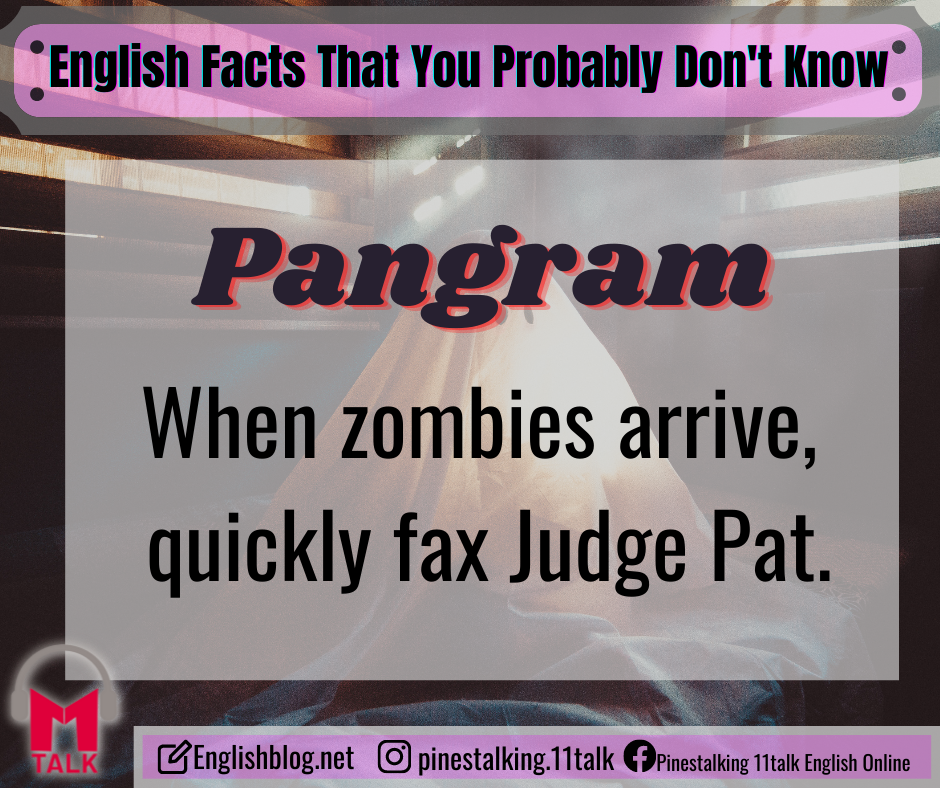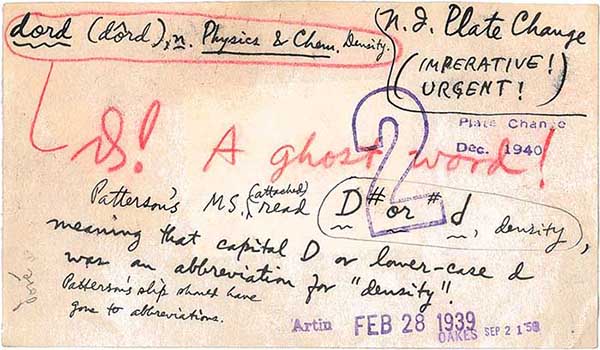English might seem simple, but when you think about it; it’s full of crazy inventions, mistakes, misinterpretations, and strange words. This makes the language fun to learn especially when you decide to go deeper into its history.
Here are interesting facts to know about the English language:
Only two English words in current use end in “-gry”. They are “angry” and “hungry”.

- The word “uncopyrightable” is the longest English word in normal use that contains no letter more than once.

- A sentence that contains all 26 letters of the alphabet is called a “pangram”. The following sentence contains all 26 letters of the alphabet: “The quick brown fox jumps over the lazy dog.” This sentence is often used to test typewriters or keyboards.

- The word “alphabet” comes from the first two letters of the Greek alphabet: alpha, and bēta.

- We pronounce the combination “ough” in 9 different ways, as in the following sentence which contains them all: “A rough-coated, dough-faced, thoughtful ploughman strode through the streets of Scarborough; after falling into a slough, he coughed and hiccoughed.”

- The following sentence contains seven identical words in a row and still makes sense. “It is true for all that that that that that that that refers to is not the same that that that that refers to.” Which simply means: It is true, despite everything you say, that this word to which this word refers is not the same word to which this word refers.

- “I am” is the shortest complete sentence in the English language.

- Believe it or not, there are some words that appeared in the dictionary because of printing errors. The nonexistent word “dord” appeared in the dictionary for eight years in the mid-20th century. It became known as a “ghost word.”

https://www.merriam-webster.com/words-at-play/dord-a-ghost-word
- Between now and your next meal, a new word will be put into the dictionary. During the course of the year, almost 4,000 new words are added! So, the next time you try to catch the attention of the dissertation committee, try adding some new words to your project.

Photo by Nothing Ahead: https://www.pexels.com/photo/lens-on-a-dictionary-4567481/
- Words we always use even though they add no meaning or value to a sentence are called crutch words. For example, in the sentence “Then I was like, OMG, then like, he went there, and like…” it is pretty obvious that “like” is the crutch word. “Actually,” “honestly,” and “basically” are also commonly used as crutch words.

Photo by Tirachard Kumtanom: https://www.pexels.com/photo/two-women-holding-pen-601170/
